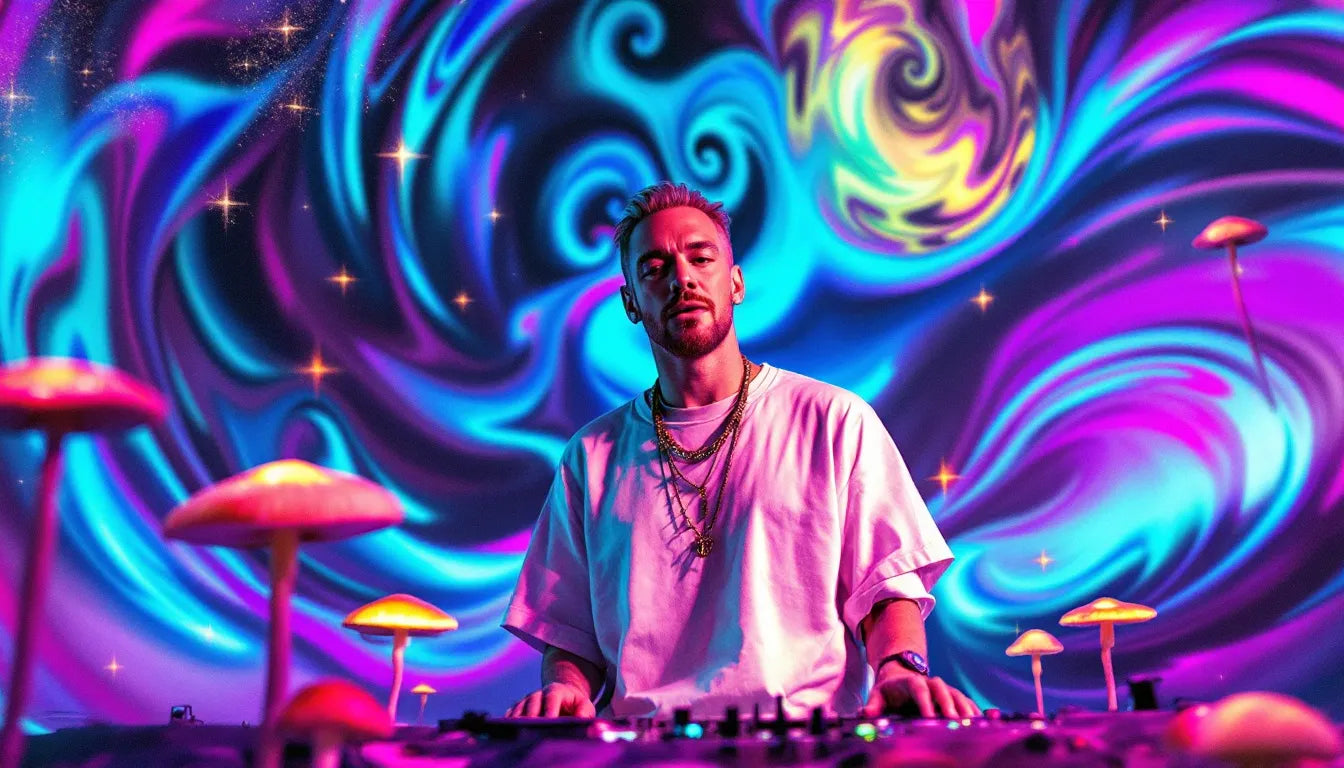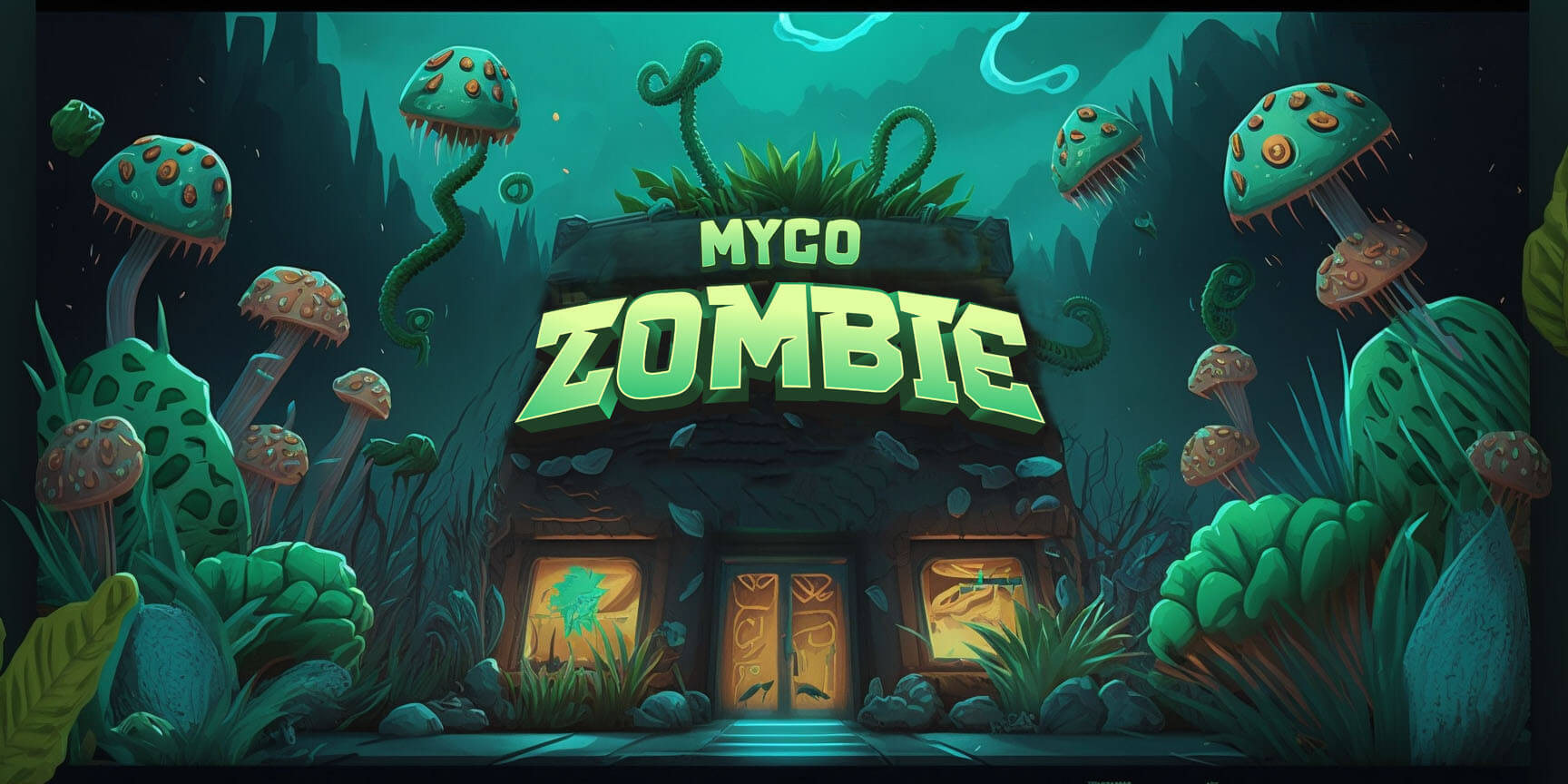- 🎵 Diplo’s revelation of LSD use on CNN’s live New Year's Eve broadcast signaled a broader cultural shift in psychedelic acceptance.
- 🧠 Research shows that LSD and other psychedelics have potential therapeutic benefits for mental health treatment, including depression and PTSD.
- 💊 Silicon Valley has played a key role in normalizing psychedelics through microdosing trends for creativity and cognitive enhancement.
- ⚠️ Experts warn that while psychedelics gain cultural acceptance, their unregulated use still carries legal, psychological, and ethical risks.
- 🚀 Psilocybin, rather than LSD, has seen more progress in decriminalization efforts, positioning it as the front-runner for mainstream medical adoption.

Did Diplo Make LSD Mainstream?
Diplo’s casual revelation of using LSD on a live CNN New Year’s Eve broadcast sent ripples through pop culture, sparking a discussion on the mainstream acceptance of psychedelics. Once relegated to the fringes of counterculture, LSD and other psychedelics are increasingly finding acceptance among creatives, tech entrepreneurs, and even wellness seekers. But does this moment signify true cultural normalization, or is there still a long road ahead?

The Moment Diplo Took LSD Mainstream
During CNN’s New Year’s Eve special, Andy Cohen asked DJ and producer Diplo about the most unconventional place he had used LSD. Diplo responded nonchalantly:
"Right now. I did some on the helicopter, on the way here... I’m not even lying."
The reaction from hosts Cohen and Anderson Cooper was a mix of surprise and laughter, while social media quickly exploded with discussions. Some saw it as an offbeat joke, while others viewed it as an indication of just how comfortable celebrities now feel publicly discussing psychedelic use. Whether staged or spontaneous, this unexpected moment underscored the shifting cultural attitudes toward LSD and psychedelics.

LSD’s Journey from Counterculture to Cautious Acceptance
LSD was once at the heart of 1960s counterculture, embraced by figures like Timothy Leary and Ken Kesey, who saw it as a tool for expanding human consciousness. However, the countercultural explosion and subsequent political crackdown through the War on Drugs placed it firmly in the realm of the illicit. Through the 1970s, 1980s, and 1990s, LSD remained a symbol of rebellion rather than a topic of serious academic or medical inquiry.
In recent decades, however, research into psychedelics has reignited interest. Clinical studies on psilocybin, MDMA, and even LSD have suggested potential therapeutic benefits for treating mental health disorders, addiction, and even end-of-life distress. Despite this, public acceptance of LSD has moved more slowly than other psychedelics like psilocybin, which has been legalized or decriminalized in cities like Denver, Oakland, and Washington, D.C.
Diplo’s comments highlight an interesting cultural shift. LSD, which once would have been considered scandalous to mention in mainstream media, now garners curiosity and divided opinions rather than outright condemnation.

Celebrities as Psychedelic Advocates
Diplo is not the first celebrity to openly discuss psychedelics. Over the last decade, a growing list of musicians, actors, and public figures have spoken about their experiences with substances like LSD, psilocybin, and DMT.
- Joe Rogan has been one of the most vocal proponents, regularly discussing the benefits of psychedelics on his podcast, The Joe Rogan Experience.
- Mike Tyson has openly shared his transformative experiences with toad venom (5-MeO-DMT) and psilocybin, crediting them with helping him find peace.
- Paul Stamets, a renowned mycologist, has advocated for the benefits of psilocybin mushrooms, particularly for cognitive and mental health improvements.
Celebrities discussing psychedelics in public spaces has played a strong role in shifting attitudes. Instead of being relegated to counterculture or drug subcultures, psychedelics are increasingly linked to self-improvement, creativity, and mental health treatment.

Has LSD Truly Become Mainstream?
While the popularity of psychedelics is undeniably growing, whether LSD itself has truly entered the mainstream remains up for debate. Unlike psilocybin or MDMA (which are undergoing clinical trials for FDA approval as mental health treatments), LSD remains a more polarizing substance.
Many professionals in Silicon Valley and creative industries have embraced microdosing—a practice of taking small, sub-perceptual doses of LSD or psilocybin to boost creativity, focus, and well-being. This practice has propelled LSD into conversations about productivity, but it has not entirely removed the stigma.
Had Diplo made such a confession 10 or 20 years ago, public outcry, controversy, and network backlash likely would have followed. The fact that it was met with laughter and intrigue rather than condemnation suggests that psychedelics are moving toward mainstream acceptability, but perhaps not all the way there yet.

Silicon Valley’s Role in Psychedelics’ Popularity
One of the significant influences in psychedelics' growing popularity is Silicon Valley’s embrace of cognitive and creative enhancement. Many tech entrepreneurs, engineers, and creatives in the Bay Area have utilized psychedelics, particularly microdosing, to gain a competitive edge.
Psychologist and author James Fadiman, who has extensively researched microdosing, has documented reports from professionals claiming enhanced focus, greater emotional resilience, and heightened problem-solving abilities after small doses of LSD.
As tech leaders and entrepreneurs bring their psychedelic experiences into the public conversation, they help normalize the substances—not as counterculture drugs but as tools for cognitive enhancement.
Jeremy Gilbert (2024) notes,
"Psychedelics are part of the culture of Silicon Valley, and Silicon Valley shapes the dominant cultural conversation."

The Risks of Normalizing Casual LSD Use
While the public discussion surrounding psychedelics has opened doors, some caution that normalizing unsupervised, recreational LSD use could pose risks.
- Psychological distress: LSD can trigger intense hallucinations, paranoia, and anxiety, especially in individuals predisposed to mental illness.
- Legal consequences: Unlike cannabis, which has been widely decriminalized, LSD remains a Schedule I drug in the U.S., carrying stiff penalties.
- Misinformation and trivialization: When celebrities casually discuss taking LSD, there’s a risk that some people will try it without understanding its complexities or potential dangers.
According to Andy Mitchell (2024),
"Recreational drug culture has always been defined by excess... there is a fine line between normalization and trivialization."

Why LSD Remains Absent from Decriminalization Efforts
Despite increasing scientific interest in psychedelics, LSD has faced more resistance in policy and legal circles compared to psilocybin.
Psilocybin mushrooms have been positioned as a natural, safer psychedelic with potential medical uses. In contrast, LSD’s long-lasting effects (up to 12 hours), synthetic origins, and history with counterculture rebellion still make it more controversial.
Graham St. John (2024) observes,
"While LSD use may be increasingly seen in public, structural changes in law and medicine still lag behind cultural shifts."

The Future of Psychedelics and LSD
Diplo’s moment on CNN wasn’t a massive turning point but rather a reflection of a slow-moving trend. Celebrities, medical researchers, and tech influencers will likely continue pushing psychedelics into public discourse. However, the momentum behind drugs like psilocybin and MDMA may mean LSD remains sidelined in policy discussions, at least for now.
Whether LSD reaches full mainstream status depends on future clinical studies, shifting legal policies, and how responsibly public figures discuss their experiences.
FAQs
What exactly did Diplo say about LSD during his New Year's Eve broadcast?
Diplo casually admitted to taking LSD on a helicopter ride to CNN’s New Year’s Eve broadcast, surprising hosts Andy Cohen and Anderson Cooper.
How has public perception of LSD changed over the years?
Once demonized, LSD is now being reconsidered for its therapeutic potential, with growing interest in microdosing and medical research.
How have celebrities contributed to the psychedelic movement?
Public figures like Joe Rogan, Mike Tyson, and Paul Stamets have openly discussed psychedelic use, helping to reshape public opinion.
Does Diplo’s confession signify true mainstream acceptance of psychedelics?
While a sign of shifting attitudes, full acceptance of psychedelics—especially LSD—still faces medical and legal hurdles.
What role does Silicon Valley and tech culture play in psychedelic normalization?
Silicon Valley has embraced microdosing LSD to enhance creativity and productivity, helping to bring psychedelics into mainstream conversation.
Citations
- Gilbert, J. (2024). Silicon Valley’s influence on psychedelic normalization. University of East London.
- Mitchell, A. (2024). 10 Trips: A Psychedelic Adventure. Penguin Books.
- St. John, G. (2024). Strange Attractor: The Hallucinatory Life of Terence McKenna. Edgecentral Press.




